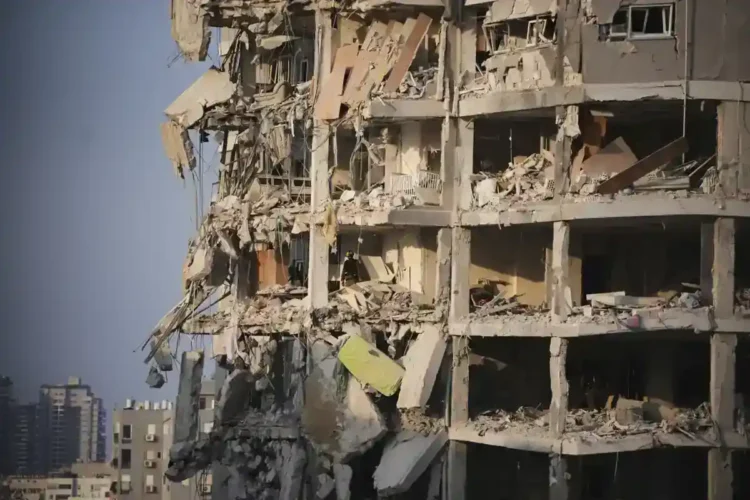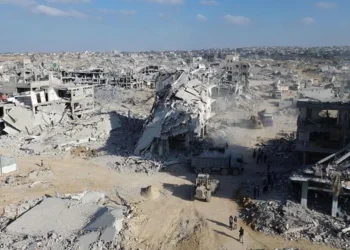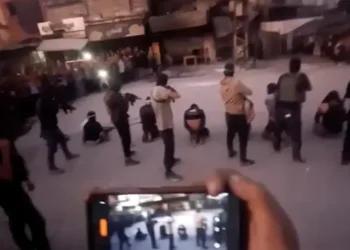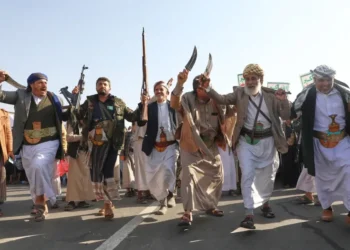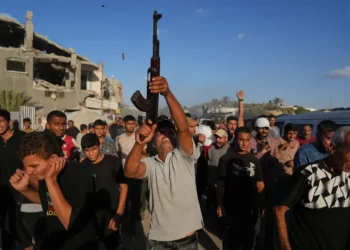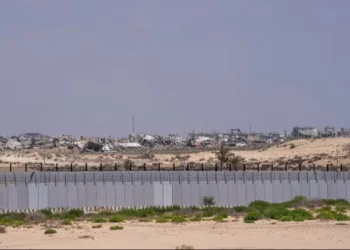Israel–Iran Conflict Enters Day 3: Death Toll Mounts as Missiles Strike Cities, Tensions Soar
The conflict between Israel and Iran escalated dramatically over the weekend, with missile exchanges continuing into a third day and casualties rising sharply on both sides. Israel targeted key military and nuclear-related sites in Tehran, while Iranian missiles landed deep inside Israeli territory, leaving at least 13 dead and many wounded.
Israel Strikes Deep into Iran
On Sunday, Israel launched a series of strikes on Iranian military infrastructure, including sites reportedly linked to Iran’s nuclear program and the Defense Ministry’s headquarters in Tehran. Iranian officials confirmed explosions in several areas of the capital, including the Vali-e Asr Square and the Niroo Havaei neighborhood, which houses the Iranian air force headquarters.
Smoke was seen rising across multiple districts in Tehran. Iranian state media reported a drone strike damaged the Tehran Police Command building, injuring several officers. Eyewitness videos and images circulating online showed buildings shaking and plumes of smoke over the city.
Iran Responds with Missile Barrage
Iran returned fire, launching missiles that bypassed Israeli air defenses and hit populated areas. The death toll in Israel rose to at least 13, including 10 killed in overnight strikes, according to Israel’s Magen David Adom emergency service. Several buildings were damaged, and Israel’s main international airport remained closed for the third day.
On the Iranian side, the country’s U.N. ambassador reported Saturday that 78 people had been killed and over 320 injured in prior Israeli strikes, but no updated figures were given on Sunday.
Fallout and Fears of a Wider War
The latest Israeli strikes reportedly killed multiple senior generals and top Iranian nuclear scientists, signaling a major escalation. President Donald Trump, in a statement, distanced the U.S. from the Israeli attacks but warned Iran not to retaliate against American interests, promising “the full strength and might of the U.S. Armed Forces” if it did.
Trump Says Peace Deal Is Still Possible
Despite the violence, Trump remained optimistic about diplomacy, posting on social media that “Iran and Israel should make a deal, and will make a deal.” He drew comparisons to peace efforts he said he led between India and Pakistan, Serbia and Kosovo, and Egypt and Ethiopia during his first term.
“I do a lot, and never get credit for anything, but that’s OK, the PEOPLE understand,” he wrote. “MAKE THE MIDDLE EAST GREAT AGAIN!”
UK Issues Full Travel Warning for Israel
In response to the growing danger, the UK government updated its travel advisory Sunday, now urging citizens to avoid all travel to Israel. The country’s threat level moved from “amber” to “red,” placing it on the same alert tier as Iran.
Regional Rumors and Denials
Meanwhile, Iranian state media sparked alarm by reporting that Pakistan was preparing to send 750 non-nuclear ballistic missiles to aid Iran. But a senior official from Pakistan’s Foreign Ministry quickly denied the claim in comments to the Associated Press, saying no such plan was in motion. The Pakistani military did not comment, but the country—like neighboring India—is known for routinely test-firing missiles without disclosing exact stockpile numbers.
What’s Next?
With both sides locked into a deadly cycle of retaliation and no signs of de-escalation, fears are growing of a broader regional war that could draw in the U.S., its allies, and other regional powers. Airspace over much of the Middle East remains tense, and civilians across Iran and Israel are bracing for more violence.
World leaders are urging restraint, but on the ground, the reality is stark: both nations are bleeding, and diplomacy is on life support.
Source: AP News – The Latest: Death toll grows as Israel and Iran trade attacks for third day
This article was rewritten by JournosNews.com based on verified reporting from trusted sources. The content has been independently reviewed, fact-checked, and edited for accuracy, tone, and global readability in accordance with Google News standards.
Stay informed with JournosNews.com — your trusted source for verified global reporting and in-depth analysis. Follow us on Google News and BlueSky for real-time updates.
JournosNews.com follows Google News content standards with original reporting, verified sources, and global accessibility. Articles are fact-checked and edited for accuracy and neutrality.
